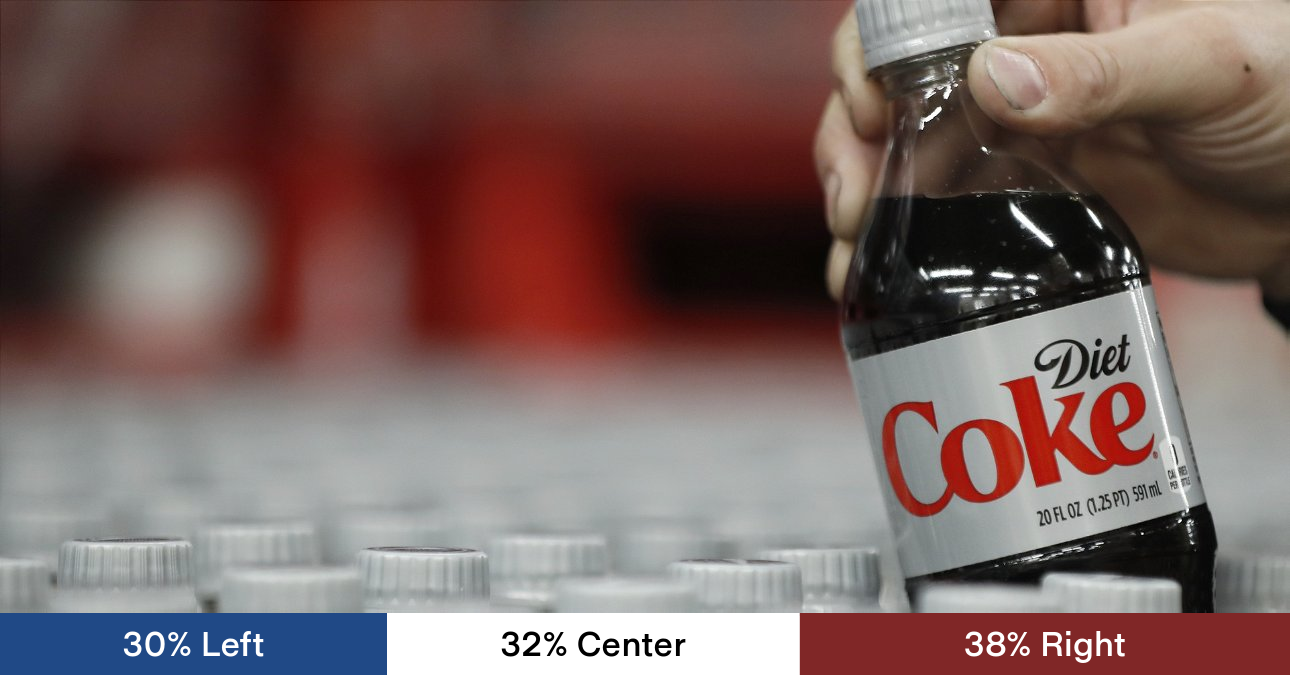Aspartame is also linked in some studies to weight gain, GI disorders, mental health issues and more:
According to some studies, aspartame and other artificial sweeteners can lead to weight gain instead of weight loss 12. Aspartame has been linked to increased appetite, diabetes, metabolic derangement and obesity-related diseases 2.
One study showed that aspartame causes greater weight gain than a diet with the same calorie intake but no aspartame 1. Another study found that even acceptable daily intakes of aspartame might make you hungrier and lead to weight gain 3.
…some research suggests an association between aspartame intake and metabolic damage to the central nervous system (CNS), such as changes in enzyme and neurotransmitter activities 2. Aspartame acts as a chemical stressor by elevating plasma cortisol levels and causing the production of excess free radicals. High cortisol levels and excess free radicals may increase the brain’s vulnerability to oxidative stress which may have adverse effects on neurobehavioral health 3.
There is also some evidence that high-aspartame consumption may lead to weaker spatial orientation, irritability, depression, and other neurobehavioral conditions 14. However, these studies are limited in scope and further research is needed to determine the long-term effects of aspartame on human health.
Worth researching more, especially if you eat/drink anything with this stuff - and it’s in a lot of food products.



Gonna try to cut a line down the middle and say I’m not seeing very convincing evidence one way versus another. Lotta finger pointing and honestly getting way more intense about diet soda than I thought anyone would.
Gotta say that my family (and me until high school) drink wayyy to much diet soda. Like sugar, or aspartame it’s a bit worrying and when you drink caffeinated sweetness all day you’re probably going to feel defensive about someone saying it’s gonna kill you.
I am a bit of the mind that it may only be significantly carcinogenic at super high doses, but who knows if anyone is getting those doses either from commercial beverages or mixing it in the same proportions as sugar in their iced tea
Was going to say, I’m all for changing my habits/thought processes based on scientific data/evidence, but I could’ve sworn this debate has been raging on for some time now. First it was declared that it causes Cancer, then it was declared well no there’s not really enough evidence to support that, and now we’re back to it does. But I have yet to see a definitive link in any study and even this article says “possibly.”
Now, that being said I still avoid aspartame when possible, opting for Stevia whenever I have the choice. I just fear that this kind of back and forth tends to erode credibility through unsubstantiated whiplash with the general public.
As someone who would also very much like to believe that aspartame is perfectly safe, I will point out that in a controversy over “is this commercially sold product dangerous”, the side that says “no” is going to get a lot more funding than the one that says “yes”. Maybe there’s some potential financial incentive for alternative sweeteners to boost aspartame-bad studies, but the aspartame-good group is very directly backed by behemoths.
These things aren’t easy to prove and more research (from publicly funded sources) would be good, but when you’re seeing a lot of confusing competing claims, keep in mind that industry funded research exists and it will be overwhelmingly on the side of “let us keep selling these very profitable products”.